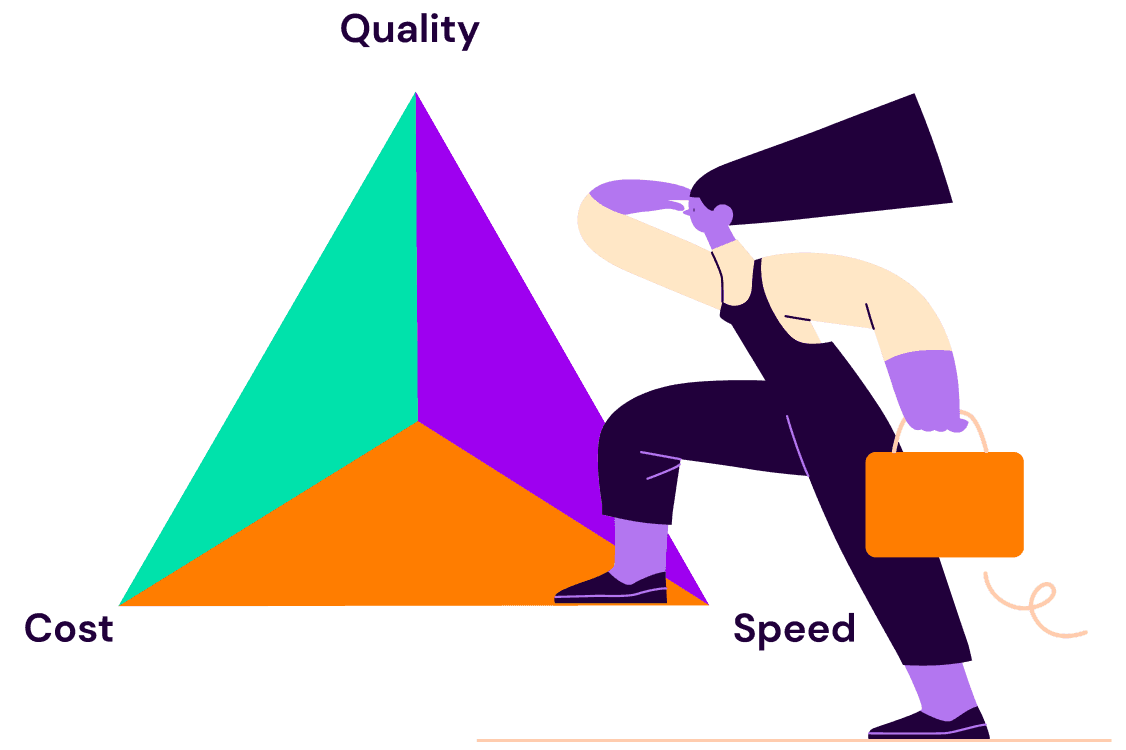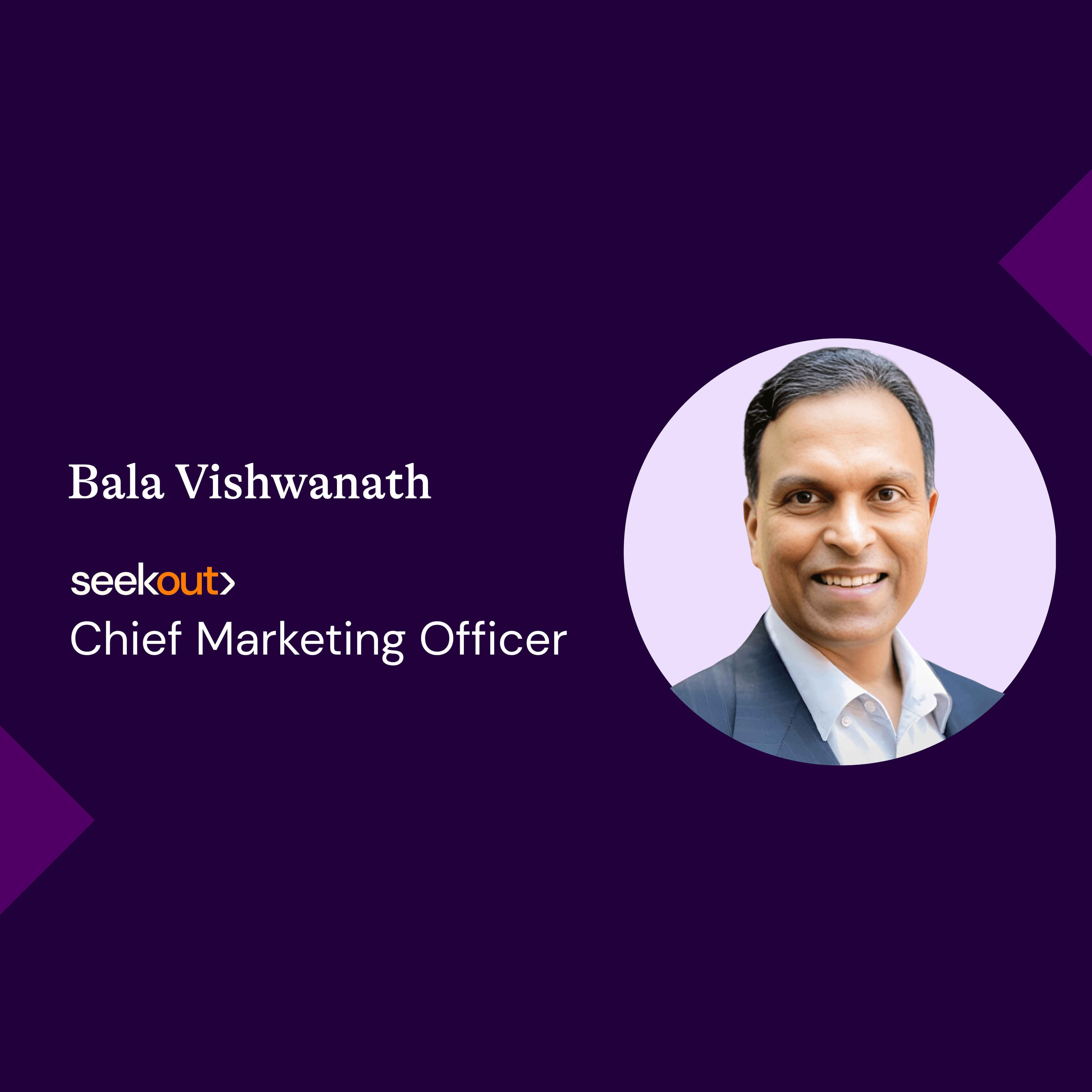
Back to blogs
SeekOut's Talent Visionaries series features innovative leaders and their extraordinary work in creating and scaling high-performing teams. The personal philosophies and invaluable insights of these workplace champions offer new perspectives in an ever-evolving talent landscape.
Dermot O’Brien is the former CHRO and Chief Transformation Officer at ADP. He has nearly two decades of experience reporting to CEOs, has led global HR teams for over thirty years, and is currently an advisor to several organizations.
On discovering the empathy in HR
I tripped into HR. I was working as a staff accountant after graduating, but my university’s co-op kept sending out my resume. It eventually landed me in front of Morgan Stanley. It took two weeks into the role for me to realize that I was in an HR position—I didn’t even know what HR was! The role focused on expatriate services where I managed tax equalization for employees and helped them maintain their home country tax status while working internationally. Within a couple of years, I was running the division, handling everything from relocation to visas and housing allowances.

I got to know the employee as a whole person, and that broader context is so important in Talent.
I was exposed to the employees who were going overseas, as well as their families. I saw employee challenges as they related to the people closest to them. I got to know the employee as a whole person, and that broader context is so important in Talent. The experience helped me build the groundwork for how I approached employee-work relationships for the rest of my career.
On the value of not always being right
Success in talent and HR isn't about personal power—it's about "human sensing." What I mean by that is constantly gathering quantitative and qualitative data that helps make smarter business decisions about people and organizations. I used to believe the power of my argument would impact whether I could influence decisions. But I stopped making it personal and realized it’s not about me; it's about the information.

Your value isn't in being right but in being open to new perspectives and insights that can help your organization evolve.
Your value isn't in being right but in being open to new perspectives and insights that can help your organization evolve. I advise professionals to continue learning and never stop growing. We're living in a world of constant change in technologies and information. The key is to be adaptable and to use an "information mirror" that keeps you honest about the people you're representing.
On staying positive as HR changes
I'm an optimist by nature, so I’m glad to see an openness and exploratory mindset among the organizations I speak to around the many changes in HR. There’s an eagerness to fix age-old challenges with emerging technologies.

We can still be cautious, but it’s also worth exploring the upside.
I do see some people limiting themselves and their organizations because they’re risk-averse, and I understand that. Evolutions will always scare us because they challenge what we’re used to, but there can be good to come out of them. We can learn from that. We can still be cautious, but it’s also worth exploring the upside.
On the future of the employee experience
I’d like to see comprehensive sensing in human capital management—moving beyond the traditional art form of HR into a more scientific, data-driven approach. Marketing, for example, evolved from an art to a science by focusing intensely on understanding customers. I don't think the same effort and attention have gone to the employee.
My hope is that organizations can fundamentally reimagine the employee experience with a more holistic, multi-dimensional view of their workforce. These insights can help us find the nexus between employee needs and wants, business objectives, and customer requirements. Imagine being able to say, ‘We’re ready to meet a customer need, and we already have people on our team who not only have the abilities we need to achieve the goal, but they also have interest in doing it.’ To me, that’s magical. In the next three to five years, we'll start seeing breakthrough approaches that connect these dots in new ways.
On books HR leaders should read and people to follow
“Good to Great” by Jim Collins” is the Bible. Jim was one of the early organizational human researchers who approached things empirically versus running on instinct.
“Who Moved My Cheese” by Spencer Johnson is another classic. It’s inspirational and thought-provoking.
Sandy Ogg is a sharp guy and analytically driven. He’s the founder of CEO.works and was the head of HR for Unilever. He brings a different perspective on the approach of talent to value.
Laszlo Bock is another analytically oriented, business savvy, tech-forward person who marked the beginning of a new era of HR that places an emphasis on the people.
Want to refresh your talent management strategy in 2025?
Download The CHRO Insider’s Workbook for more tips from Dermot and other former CHROs on how to build talent strategies that enable workforce agility and business longevity.
You’ll access on-demand webinars, worksheets, and key takeaways covering topics that many talent teams face, including strategic workforce planning, talent mobility, and finding clarity in an evolving DEI landscape.
See us in action
Learn how SeekOut unifies people data to help organizations reach their talent goals
Request a demo




